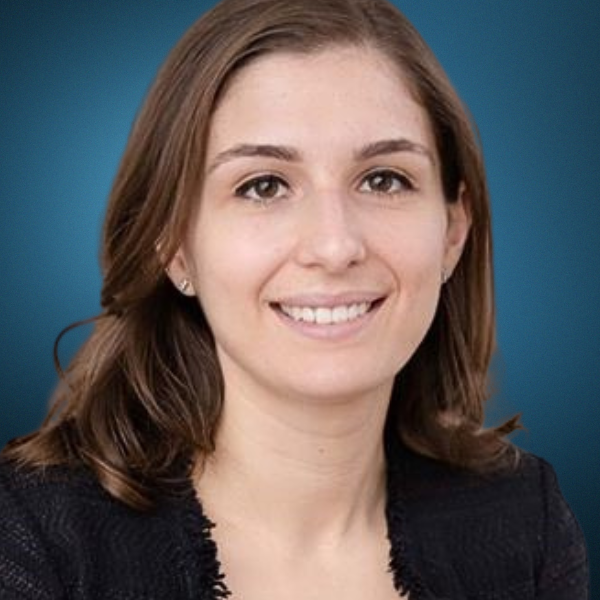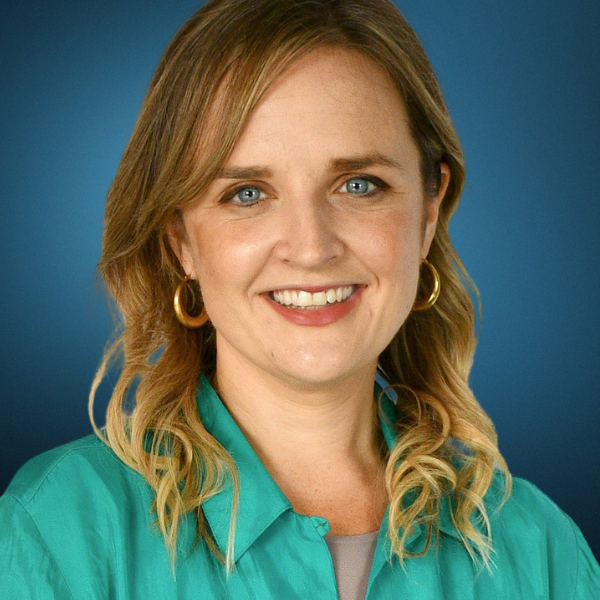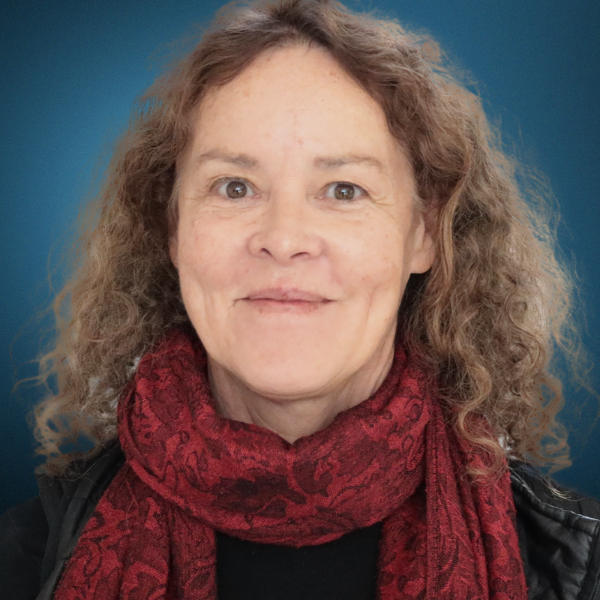 Humanities at Large is a podcast from the Jackman Humanities Institute that features conversations with our Fellows—scholars, artists and thinkers—who explore how the humanities can offer fresh perspectives on historic and contemporary issues. Organized around an annual theme, Humanities at Large is a must-listen for anyone passionate about the power of ideas! Series 1 includes conversations with Teresa Heffernan, Chloe Bordewich, Nilanjan Das, Jane Wolff, Olivia Shortt and Kamari Maxine Clarke.
Humanities at Large is a podcast from the Jackman Humanities Institute that features conversations with our Fellows—scholars, artists and thinkers—who explore how the humanities can offer fresh perspectives on historic and contemporary issues. Organized around an annual theme, Humanities at Large is a must-listen for anyone passionate about the power of ideas! Series 1 includes conversations with Teresa Heffernan, Chloe Bordewich, Nilanjan Das, Jane Wolff, Olivia Shortt and Kamari Maxine Clarke.
Host Melissa Gismondi (she/her) is an award-winning writer and audio producer. She holds a PhD in American history and was the 2020-2021 New Media Public Humanities Fellow at the Jackman Humanities Institute.
Listen now below or on Apple, Spotify, Amazon Music, iHeartRadio, YouTube, Deezer or Player FM.
Series 1—Absence
Absence takes many forms - absence as loss, abandonment, and omission; absence as exile, separation, and unbelonging; and, paradoxically, absence as boundless, infinite, and transcendent. Ways of knowing, communal memory, as well as personal and cultural identities are all shaped, challenged, and even denied by various types of absences. Voids, silences, privations, gaps and solitudes are forces in themselves. What is not there can be even more powerful than what is there. How does absence affect our views of and place in the world? What meaning can we make of those “blank void regions”? What happens when absence is present? How are today's technologies and our networked world challenging the binary distinction of presence and absence?
Episode 6—Absence of Knowledge: Recovering Lost Narratives
 In this last episode of Series 1 of Humanities at Large, Kamari Maxine Clarke joins host Melissa Gismondi for a discussion about Clarke's work on absences in historical knowledge and archives, particularly in the context of Black and Indigenous lives. They explore Clarke's interest in documenting and making visible forms of knowledge and memory that are often rendered invisible or unintelligible, such as oral histories, stories, and everyday experiences. She advocates for more interdisciplinary and imaginative approaches to exploring knowledge and social memory, including the use of "critical fabulation" to fill in gaps in the historical record. She also discusses her work analyzing the use of satellite imagery and other technologies to document human rights abuses, noting the limitations of these tools in capturing the deeper structural and historical contexts of violence. Kamari Maxine Clarke was one of the JHI's 2023-24 Faculty Research Fellows and her research project examined the problem of absence-presence in the Black Atlantic World.
In this last episode of Series 1 of Humanities at Large, Kamari Maxine Clarke joins host Melissa Gismondi for a discussion about Clarke's work on absences in historical knowledge and archives, particularly in the context of Black and Indigenous lives. They explore Clarke's interest in documenting and making visible forms of knowledge and memory that are often rendered invisible or unintelligible, such as oral histories, stories, and everyday experiences. She advocates for more interdisciplinary and imaginative approaches to exploring knowledge and social memory, including the use of "critical fabulation" to fill in gaps in the historical record. She also discusses her work analyzing the use of satellite imagery and other technologies to document human rights abuses, noting the limitations of these tools in capturing the deeper structural and historical contexts of violence. Kamari Maxine Clarke was one of the JHI's 2023-24 Faculty Research Fellows and her research project examined the problem of absence-presence in the Black Atlantic World.
 Episode 5—Absence of Artifacts: Stolen Indigenous Objects
Episode 5—Absence of Artifacts: Stolen Indigenous Objects
Olivia Shortt is a classically trained saxophonist and multi-disciplinary artist known for their bright, bold performance attire, experimental music and immersive experiences that invite the audience to interpret and engage with the art. In this conversation with host Melissa Gismondi, Shortt talks about the rematriation/repatriation of Indigenous artifacts as well their diverse influences—from an exploration of the "weird" to Meatloaf to Indigenous trickster figures. As the JHI’s 2023-24 Artist in Residence, Shortt worked on an immersive opera focusing on the rematriation/repatriation of cultural objects and ancestors as well as the conversation between institutions and Indigenous communities. Shortt’s work aims to create spaces for dialogue and reflection on the historical and ongoing impact of colonialism and efforts to reclaim Indigenous histories and identities.
 Episode 4—Absence of Water: Touring Toronto
Episode 4—Absence of Water: Touring Toronto
Landscape architect Jane Wolff and Indigenous scholar Jennifer Wemigwans guide host Melissa Gismondi on a tour that explores how water is hidden in Toronto's urban landscape. They examine the city's relationship with water, from buried creeks to the impact of climate change and discuss the need to shift from controlling water to living in a reciprocal relationship with it, and to recognize water's spiritual and ecological significance. This episode highlights how cities can overlook or undervalue water, and the potential consequences of that absence. Jane Wolff was one of the JHI's 2023-24 Faculty Research Fellows and her activist research draws on her education in landscape architecture and documentary filmmaking; it uses drawing, writing, walks, and public installations to decipher and represent the web of relationships, processes, and stories that shape the everyday landscapes of the Anthropocene.
 Episode 3—Absence of Evidence: Uncovering Udayana
Episode 3—Absence of Evidence: Uncovering Udayana
Nilanjan Das joins host Melissa Gismondi for a conversation about the philosophical prowess of Udayana, a Sanskrit philosopher from the late 10th and early 11th centuries, who Das compares to Immanuel Kant and Aristotle in terms of his influence on Indian philosophy. Das also discusses the need for a broader understanding of philosophy that includes different traditions and perspectives, arguing for the importance of studying Sanskrit philosophy in philosophy departments rather than religious studies departments. Nilanjan Das was one of the JHI's 2023-24 Faculty Research Fellows and his research focused on the problem of induction in the history of Sanskrit philosophy—the problem of how we can justifiably draw conclusions about what we haven’t observed on the basis of what we have observed.
 Episode 2—Absence of Information: Secrets & Rumours in Modern Egypt
Episode 2—Absence of Information: Secrets & Rumours in Modern Egypt
Chloe Bordewich joins host Melissa Gismondi for a conversation about the role of secrets and information in shaping political relationships and historical narratives. Bordewich reflects on her experiences in Egypt during the 2013 coup and the spread of rumours during times of political turmoil. This episode also explores the history of information control in Egypt and the impact it has on public understanding and trust, emphasizing the importance of understanding the circulation of information and its relationship to historical and contemporary inequalities. Chloe Bordewich was the JHI's 2023-24 JHI-CDHI Digital Humanities Postdoctoral Fellow and her research focused on the gaps between what the public has the right to know, and what the state is entitled to conceal; between official propaganda and what members of the public know to be true.
 Episode 1—Absence of Intelligence: the Science and Fiction of AI
Episode 1—Absence of Intelligence: the Science and Fiction of AI
Teresa Heffernan joins host Melissa Gismondi for a conversation about artificial intelligence (AI). They discuss topics like the public's perception of AI, as well as AI's limitations, environmental impact, and its relationship with fiction. They also touch on the narratives and hype surrounding AI, the concentration of wealth and power in the tech industry, and the need for regulation and ethical considerations in AI development. Teresa Heffernan was the JHI's 2023-24 Visiting Public Humanities Faculty Fellow and her research questioned what it means to speak of human-like qualities, like creativity or intelligence or ethics, in the absence of life.


